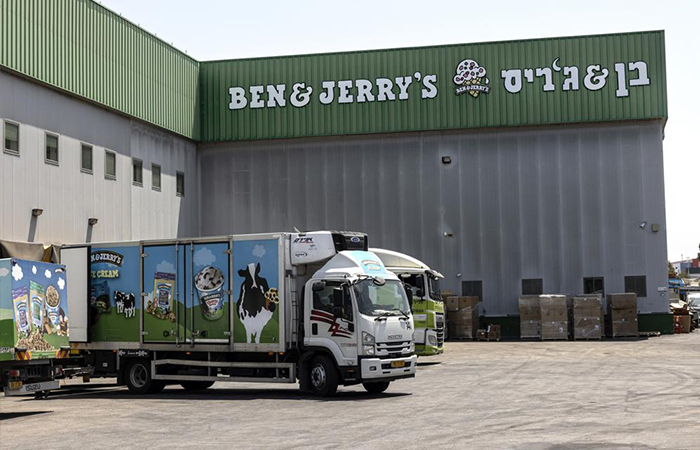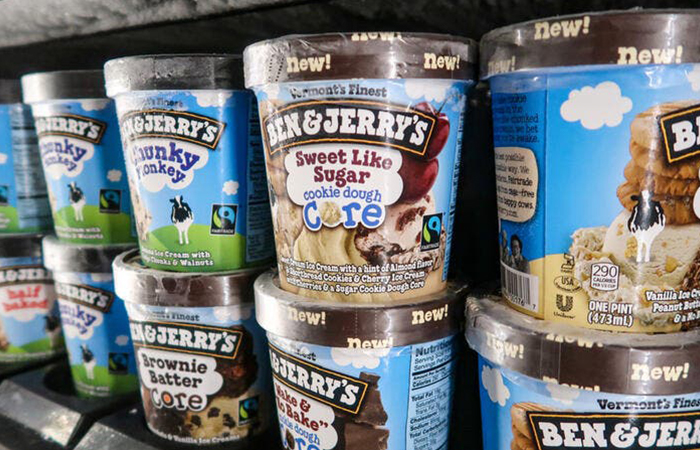On Monday, July 19, the ice cream company Ben & Jerry’s announced that it would no longer sell its products in the occupied West Bank and East Jerusalem and, in justification, cited the fact that such sales would be “inconsistent with our values”. On the same day, Avi Zinger, its local Israeli CEO (Chief Executive Officer), tweeted: “We are continuing to sell in all of Israel, and we will not surrender to the pressure of Unilever and the global Ben & Jerry’s”. Based on the local licensee’s resistance, Ben and Jerry’s global informed Avi Zinger that they will not renew the license agreement once it is expired in late 2022.
Israeli politicians responded by vowing to ‘act aggressively’, and it was difficult to find a single politician who diverged from this established script: the prime minister Naftali Bennett denounced it as an “anti-Israel ice cream”; his predecessor Benjamin Netanyahu called for counter-boycott; and the foreign minister Yair Lapid, with grim inevitability, called it an “antisemitic act”. The economy and industry minister Orna Barbivay posted a TikTok video of her throwing a carton of the offending ice cream into a bin; and Israel’s US ambassador, Gilad Erdan, wrote to the 35 US Governors of states who supported the passing of unconstitutional anti-boycott laws, calling on them to act against the “dehumanization of the Jewish people”. The Israeli Left, for its part, did not seek to distance itself from these childish and petulant tantrums: instead, Nitzan Horowitz, the leader of Meretz, voiced his opposition to boycotts and opined that he ‘sometimes’ buys settlement products.




